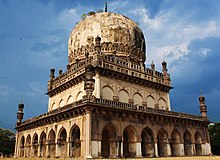WE HELP YOU TO SELL
PHONE
+91-7558348349
info@foodproductdistributors.in
ADDRESS
:- Shriram Niwas, 261, Bahirat Galli, Gaothan, Shivajinagar, Pune, Maharashtra 411005 :- infinity mall, Phase D, Shastri Nagar, Andheri West, Mumbai, Maharashtra 400047 :- Haware Fantasia Business Park, 47, near, Inorbit Bypass, Sector 30A, Vashi, Navi Mumbai, Maharashtra 400703

